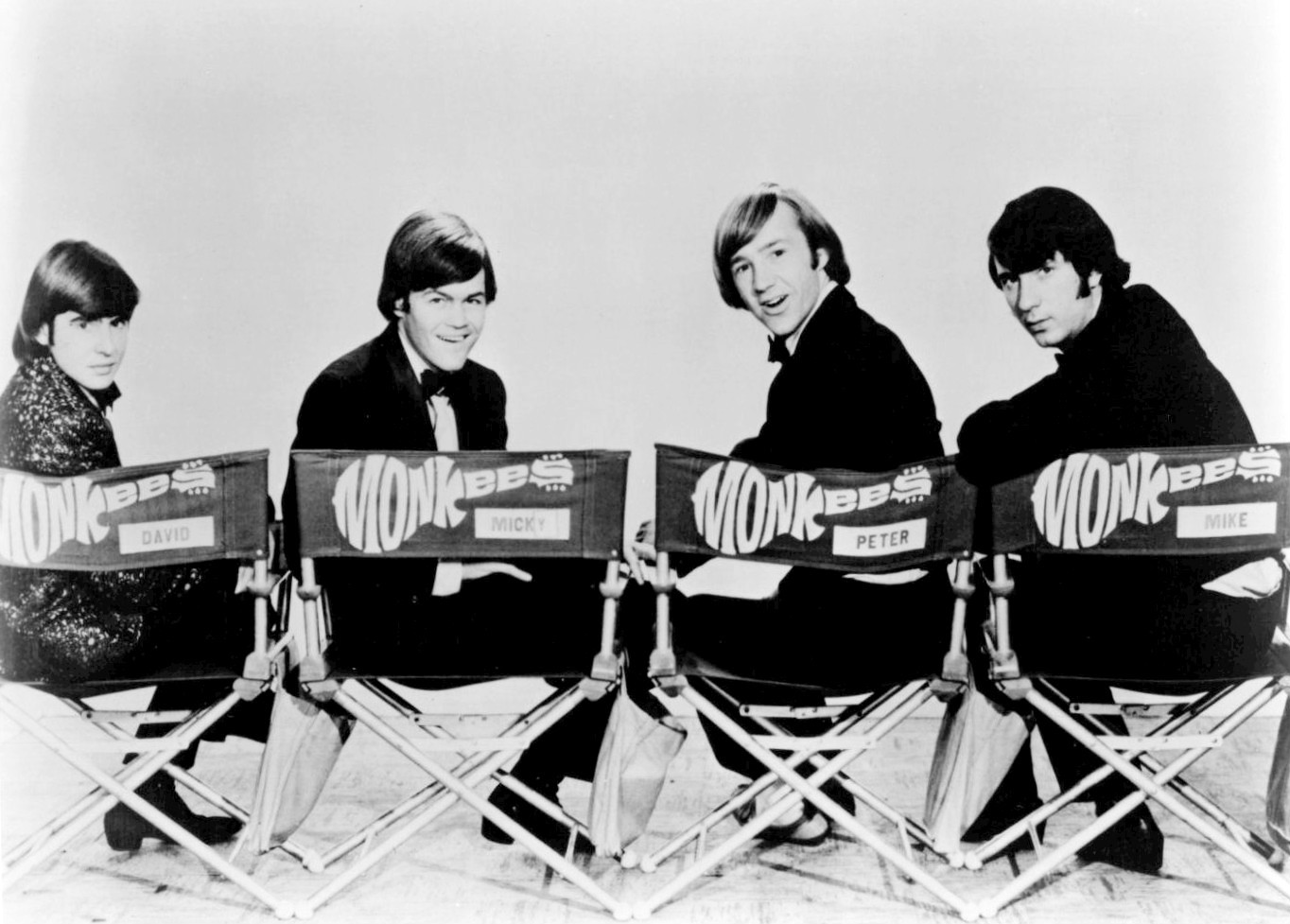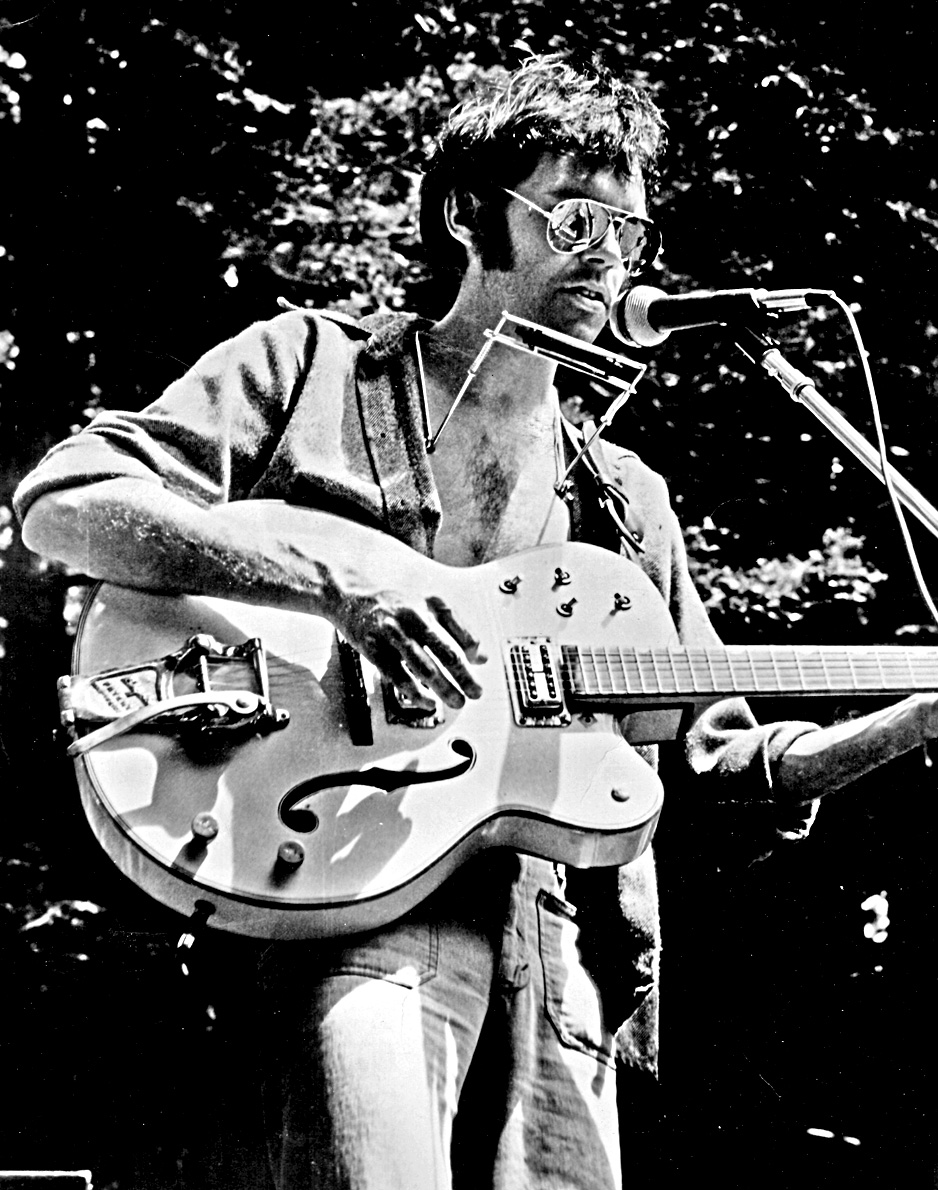|
Instant Replay (the Monkees Album)
''Instant Replay'' is the seventh studio album by the Monkees. Issued 11 months after the cancellation of the group's NBC television series, it is also the first album released after Peter Tork left the group and the only album of the original nine studio albums that does not include any songs featured in the TV show. History Although the Monkees had recorded dozens of tracks since the release of their last studio album, spring 1968's '' The Birds, The Bees & the Monkees'' (a soundtrack LP from their film ''Head'' had been released between the two studio LPs), several of the songs on ''Instant Replay'' actually dated from sessions up to two and a half years earlier. The band's new music coordinator (and former road manager), Brendan Cahill, believed that releasing previously unused tracks recorded in 1966—prior to the group's seizing control of their own recording process—was the way for the group to regain commercial success. The album's lead single, " Tear Drop City," writ ... [...More Info...] [...Related Items...] OR: [Wikipedia] [Google] [Baidu] |
The Monkees
The Monkees were an American rock and pop band, formed in Los Angeles in 1966, whose lineup consisted of the American actor/musicians Micky Dolenz, Michael Nesmith and Peter Tork alongside English actor/singer Davy Jones. The group was conceived in 1965 by television producers Bob Rafelson and Bert Schneider for the situation comedy series of the same name. Music credited to the band was released on LP, as well as being included in the show, which aired from 1966 to 1968. While the sitcom was a mostly straightforward affair, the music production generated tension and controversy almost from the beginning. Music supervisor Don Kirshner was dissatisfied with the quartet's musical abilities, and he limited their involvement during the recording process, relying instead on professional songwriters and studio musicians. This arrangement yielded multiple hit albums and singles, but it did not sit well with the band members, who were facing a public backlash for not playing on the ... [...More Info...] [...Related Items...] OR: [Wikipedia] [Google] [Baidu] |
AllMusic
AllMusic (previously known as All Music Guide and AMG) is an American online music database. It catalogs more than three million album entries and 30 million tracks, as well as information on musicians and bands. Initiated in 1991, the database was first made available on the Internet in 1994. AllMusic is owned by RhythmOne. History AllMusic was launched as ''All Music Guide'' by Michael Erlewine, a "compulsive archivist, noted astrologer, Buddhist scholar and musician". He became interested in using computers for his astrological work in the mid-1970s and founded a software company, Matrix, in 1977. In the early 1990s, as CDs replaced LPs as the dominant format for recorded music, Erlewine purchased what he thought was a CD of early recordings by Little Richard. After buying it he discovered it was a "flaccid latter-day rehash". Frustrated with the labeling, he researched using metadata to create a music guide. In 1990, in Big Rapids, Michigan, he founded ''All Music Guide' ... [...More Info...] [...Related Items...] OR: [Wikipedia] [Google] [Baidu] |
The Wrecking Crew (music)
The Wrecking Crew was a loose collective of Los Angeles-based session musicians whose services were employed for a great number of studio recordings in the 1960s and 1970s, including hundreds of top 40 hits. The musicians were not publicly recognized in their era, but were viewed with reverence by industry insiders. They are now considered one of the most successful and prolific session recording units in music history. Most of the players associated with the Wrecking Crew had formal backgrounds in jazz or classical music. The group had no official name in its active years, and it remains a subject of contention whether or not they were referred to as "the Wrecking Crew" at the time. Drummer Hal Blaine popularized the name in his 1990 memoir, attributing it to older musicians who felt that the group's embrace of rock and roll was going to "wreck" the music industry. Some of Blaine's colleagues corroborated his account, while guitarist/bassist Carol Kaye contended that they ... [...More Info...] [...Related Items...] OR: [Wikipedia] [Google] [Baidu] |
Wally Heider
Wally Heider (''né'' Wallace Beck Heider; 20 May 1922 Sheridan, Oregon – 22 March 1989) was an American recording engineer and recording studio owner who refined and advanced the art of studio and remote recording and was instrumental in recording the San Francisco Sound in the late 1960s and early 1970s, recording notable acts including Jefferson Airplane, Crosby, Stills, Nash & Young, Van Morrison, the Grateful Dead, Creedence Clearwater Revival, and Santana. Heider also amassed a collection of remote recordings of Big Bands broadcasting via radio from the middle 1930s into the 1950s, preserving some of the only known recordings of ''complete'' arrangements of many notable artists of the era, including entire sections of arrangements that otherwise had to be cut from recordings made in commercial recording studios, due to timing constraints of recording technology at that time. Biography Early life and education Heider attended the University of Oregon music school and playe ... [...More Info...] [...Related Items...] OR: [Wikipedia] [Google] [Baidu] |
Listen To The Band (song)
"Listen to the Band" is a song by American pop rock band the Monkees, released on Colgems single 5004 on April 26, 1969. Written by Michael Nesmith, it is the first time Nesmith sang lead vocals on a Monkees single A-side. Background The song was written during Nesmith's RCA Nashville sessions and recording commenced on June 1, 1968. It was completed on December 9, 1968 at RCA studios in Los Angeles, with a horn section added to the track (arranged by Shorty Rogers). "Listen to the Band" was first heard in a live performance on the Monkees' television special '' 33 1/3 Revolutions Per Monkee'' (filmed in late 1968), with Peter Tork making his final appearance before leaving the band. The one-hour special aired on NBC on April 14, 1969, and the single was released 12 days later. The single's flip side, "Someday Man", was a song written by Paul Williams and Roger Nichols and produced by Bones Howe. It was sung by Jones and recorded at the same time as Goffin and King's "A Man Wit ... [...More Info...] [...Related Items...] OR: [Wikipedia] [Google] [Baidu] |
B-side
The A-side and B-side are the two sides of phonograph records and cassettes; these terms have often been printed on the labels of two-sided music recordings. The A-side usually features a recording that its artist, producer, or record company intends to be the initial focus of promotional efforts and radio airplay and hopefully become a hit record. The B-side (or "flip-side") is a secondary recording that typically receives less attention, although some B-sides have been as successful as, or more so than, their A-sides. Use of this language has largely declined in the 21st century as the music industry has transitioned away from analog recordings towards digital formats without physical sides, such as CDs, downloads and streaming. Nevertheless, some artists and labels continue to employ the terms ''A-side'' and ''B-side'' metaphorically to describe the type of content a particular release features, with ''B-side'' sometimes representing a "bonus" track or other material. The ... [...More Info...] [...Related Items...] OR: [Wikipedia] [Google] [Baidu] |
Neil Young
Neil Percival Young (born November 12, 1945) is a Canadian-American singer and songwriter. After embarking on a music career in Winnipeg in the 1960s, Young moved to Los Angeles, joining Buffalo Springfield with Stephen Stills, Richie Furay and others. Since the beginning of his solo career with his backing band Crazy Horse (band), Crazy Horse, he has released many critically acclaimed and important albums, such as ''Everybody Knows This Is Nowhere'', ''After the Gold Rush'', ''Harvest (Neil Young album), Harvest'', ''On the Beach (Neil Young album), On the Beach'' and ''Rust Never Sleeps''. He was a part-time member of Crosby, Stills, Nash & Young. His guitar work, deeply personal lyrics and signature high tenor singing voice define his long career. Young also plays piano and harmonica on many albums, which frequently combine folk music, folk, rock music, rock, country music, country and other musical genres. His often distorted electric guitar playing, especially with Cra ... [...More Info...] [...Related Items...] OR: [Wikipedia] [Google] [Baidu] |
Davy Jones (actor)
David Thomas Jones (30 December 1945 – 29 February 2012) was an English actor and singer. Best known as a member of the band the Monkees and a co-star of the TV series ''The Monkees'' (1966–1968), Jones was considered a teen idol. Aside from his work on ''The Monkees'' TV show, Jones's acting credits include a Tony-nominated performance as the Artful Dodger in the original London and Broadway productions of ''Oliver!'' and a guest-starring role in a hallmark episode of ''The Brady Bunch'' television show and a later reprised parody film. Early life David Thomas Jones was born on 30 December 1945 in Manchester, England, to Harry and Doris Jones. He had three sisters: Hazel, Lynda and Beryl. Jones' mother died from emphysema when he was 14 years of age. Career as actor and singer Early days (1961–1965) Jones' television acting debut was on the British television soap opera ''Coronation Street'', in which he appeared as Colin Lomax, grandson of the regular characte ... [...More Info...] [...Related Items...] OR: [Wikipedia] [Google] [Baidu] |
Nashville
Nashville is the capital city of the U.S. state of Tennessee and the seat of Davidson County. With a population of 689,447 at the 2020 U.S. census, Nashville is the most populous city in the state, 21st most-populous city in the U.S., and the fourth most populous city in the southeastern U.S. Located on the Cumberland River, the city is the center of the Nashville metropolitan area, which is one of the fastest growing in the nation. Named for Francis Nash, a general of the Continental Army during the American Revolutionary War, the city was founded in 1779. The city grew quickly due to its strategic location as a port on the Cumberland River and, in the 19th century, a railroad center. Nashville seceded with Tennessee during the American Civil War; in 1862 it was the first state capital in the Confederacy to be taken by Union forces. After the war, the city reclaimed its position and developed a manufacturing base. Since 1963, Nashville has had a consolidated city-county gov ... [...More Info...] [...Related Items...] OR: [Wikipedia] [Google] [Baidu] |
Head (film)
''Head'' is a 1968 American satirical musical adventure film written and produced by Jack Nicholson and Bob Rafelson, directed by Rafelson, starring television rock group the Monkees ( Davy Jones, Peter Tork, Micky Dolenz and Michael Nesmith) and distributed by Columbia Pictures. During production, one of the working titles for the film was ''Changes'', which was later the name of an album by the Monkees. Another working title was ''Untitled''. A rough cut of the film was previewed for audiences in Los Angeles in the summer of 1968 under the title ''Movee Untitled''. The film featured Victor Mature as "The Big Victor" and cameo appearances by Nicholson, Teri Garr, Carol Doda, Annette Funicello, Frank Zappa, Sonny Liston, Timothy Carey, Percy Helton and Ray Nitschke. Also appearing on screen in brief non-speaking parts are Dennis Hopper and film choreographer Toni Basil. Plot ''Head'' begins at the dedication of the Gerald Desmond Bridge in Long Beach, California. As a local pol ... [...More Info...] [...Related Items...] OR: [Wikipedia] [Google] [Baidu] |



